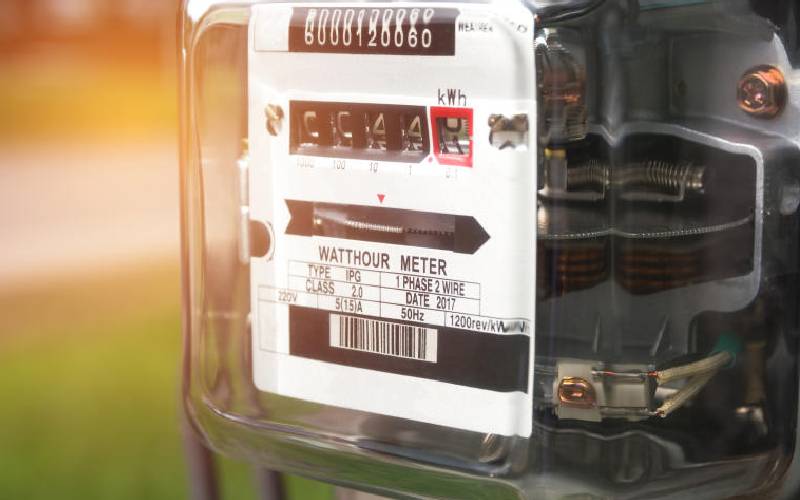×
The Standard e-Paper
Stay Informed, Even Offline

Electric power meter measuring power usage.[Getty Images]
The cost of electricity will go up this month after the Energy and Petroleum Regulatory Authority (Epra) increased the foreign exchange component of the power bill yesterday.